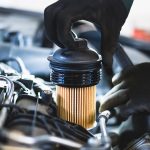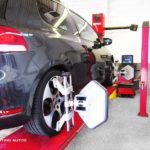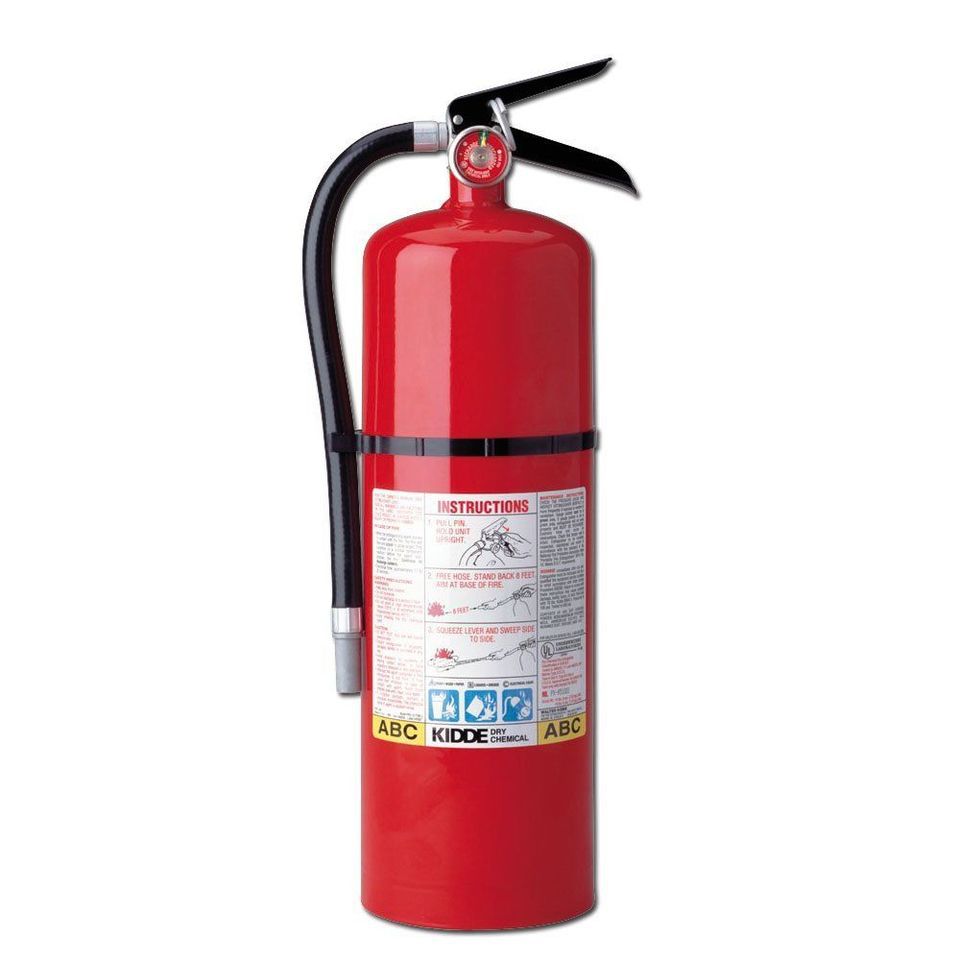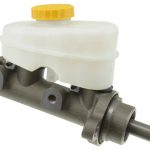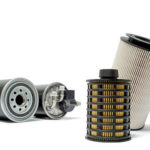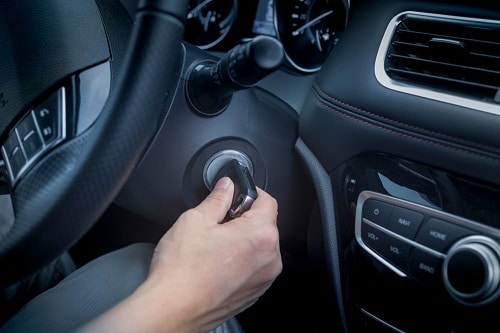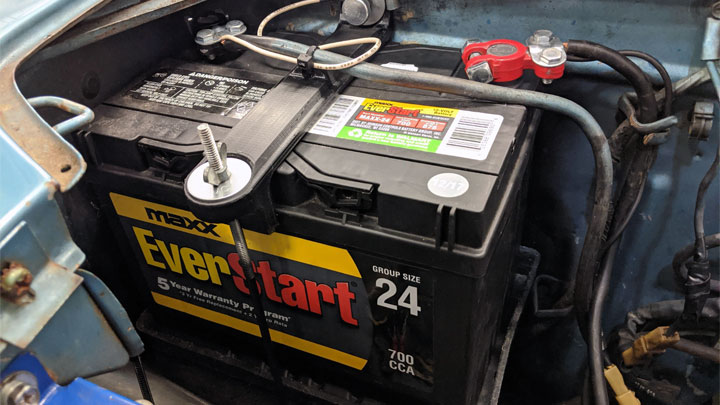The engine air filter is a maintenance item that is sometimes disregarded, but a dirty air filter can have a detrimental impact on the performance of your vehicle.
In most modern automobiles, there will be two air filters: one for the cabin and another for the engine. The cabin air filter must also be changed on a regular basis, but not on the same timetable as the engine air filter. The engine air filter’s purpose is to keep dust, grime, and other environmental contaminants out of the engine. The air filter becomes dusty and clogged over time and must be updated.
How Often Should You Change Car Air Filter
The frequency with which the engine air filter must be replaced varies. The frequency at which the air filter should be replaced varies depending on the vehicle’s maintenance schedule. The suggested change period for most Chevrolet engines is 45,000 miles, but Ford recommends doing so every 30,000 miles on many of its engines. Hyundai likewise recommends every 30,000 miles, but for “difficult” driving circumstances, such as heavy traffic in hot weather and frequent driving on unpaved roads or in dusty conditions, it reduces it to 15,000 miles. Those rules will also apply to other brands. If you drive in those conditions, you’ll probably need to replace the air filter sooner.
By simply looking at a filter, you might be able to identify when it needs to be replaced. If you notice black patches on the portion where outside air enters, it’s time to replace it. The good news is that air filters are quite straightforward to access on most engines, and you can look up the location in your owner’s manual if you need assistance.
If it’s been more than three years or 30,000 miles and you can’t tell by looking, you should probably purchase a new one (especially if you can save money by doing it yourself). However, you should be wary if the repair shop insists on replacing your air filter every time you get your oil changed. Depending on conditions and miles, we estimate most drivers to go at least a year, and often more than two years, between air filter changes.
According to a 2009 research conducted for the US Department of Energy, a clogged air filter has no major impact on fuel economy, although it can reduce acceleration by 6 to 11 percent. Because acceleration is more difficult to evaluate than fuel economy, you may not notice a drop in performance because it will be gradual. As a result, it’s a good idea to visually inspect the engine air filter on a regular basis to ensure it’s clean.
Read also: How To Unlock Steering Wheel: Easy Steps!
Benefits Of Replacing Car Air Filter
When you replace a car air filter, your car will enjoy the benefits stated below:
Increased Fuel Efficiency
Depending on the make and model of your car, replacing a clogged air filter might enhance fuel efficiency and acceleration. When you realize this, it makes sense to update your air filters on a regular basis.
How can a simple air filter make such a significant difference? A clogged or damaged air filter restricts the amount of air that enters your car’s engine, causing it to work harder and consume more fuel. It’s critical not to impede air flow because your engine requires more than 10,000 gallons of oxygen to burn each litre of fuel.
Reduced Emission
Air filters that are dirty or damaged limit air passage to the engine, altering the air-fuel balance in your vehicle. This imbalance can contaminate spark plugs, causing the engine to miss or rough idle, as well as increase engine depositions and turn on the ‘Service Engine’ light. More importantly, the imbalance has a direct impact on your car’s exhaust emissions, which contributes to pollution in the environment.
Prolongs Engine Life
A grain of salt can get through a clogged air filter and cause significant damage to internal engine elements like cylinders and pistons, which can be very costly to repair. That is why it is critical to replace your air filter on a regular basis. A clean air filter captures dirt and particles from the outside air, preventing them from reaching the combustion chamber and lowering the chances of a costly repair bill.
Symptoms Of a Dirty Air Filter
The following are the symptoms of a dirty air filter. If you see any of these signs, you should know that your engine air filter is dirty.
Air Filter Looks Dirty
The appearance of the filter itself is one of the most obvious indications. Filters that are brand fresh appear almost white. Contaminants in the air will contaminate your filter over time, turning it brown or black. A visual check can be used to determine the presence of a faulty filter. Always inspect your filter in a well-lit area. It may be time to clean it out if it appears to be polluted with dirt, dust, or debris.
Reduced Gas Mileage
A drop in gas mileage usually indicates that something is wrong. Your air filter helps you save money on gas, but a filthy filter might restrict oxygen flow. In order to compensate for this, a vehicle must consume more fuel. A clean air filter keeps the air moving and your fuel economy at its optimal level.
Engine Misfires
Is it difficult for your automobile to start? Do you have to try several times or rev the engine to get it started? If your car is having problems starting, it could be due to a low air-to-fuel ratio.
When the fuel-to-air ratio is excessively high, it can lead to engine flooding and spark plug pollution. Misfires or troubleshooting can occur as a result of this. The air filter should be the first place you examine if you have a rough idle or a hesitant start.
Strange Engine Noise
What does your automobile sound like while it’s in park? The purr of an engine with adequate oxygen flow should be smooth and consistent. You may have a poor air filter if your idle is rattling, or you hear a vibration or hiccup.
Polluted spark plugs caused by air intake problems are a common cause of this problem. Whether you notice that your air filter needs to be replaced, you should also examine the condition of your spark plugs to determine if they’ve been damaged. These two pieces should be replaced if you want your engine to idle more smoothly.
Check Engine Light
Deposits in the engine might cause your check engine light to illuminate for a variety of reasons. When contaminants get inside, they might build up over time, causing the service light to illuminate once they start affecting engine performance. A car must be able to take in thousands of liters of air for every gallon of gasoline it consumes in order to process the fuel efficiently. Combustion engines can’t work without one of their most important components: air!
If your check engine light comes on, get it checked straight away to figure out what’s wrong. A expert can read your service code and tell you if it has anything to do with air intake problems.
Reduced Horsepower
If your acceleration is sluggish, your horsepower may be depleted due to a lack of oxygen. If your automobile jerks when accelerating or responds slower than usual, it’s likely that it’s not getting enough air to work properly.
The engine’s performance determines how much horsepower a vehicle has. To keep up with the limited oxygen, the engine is battling harder by dumping more gasoline. Your horsepower will be drastically reduced as a result of the power being diverted.
Black Smoke From Exhaust Pipe
Fuel may not be burning at an acceptable pace if oxygen cannot reach the engine. Some of the fuel may leak through the system and out the exhaust pipe as a result of this. As super-heated fuel is released through your exhaust system, you may hear popping sounds.
This problem wastes gasoline and puts your vehicle and the environment in peril. Keep an eye out for any unexpected exhaust fumes.
Strong Fuel Smell
When gasoline leaks from the exhaust pipe, it emits a distinct odor that alerts you to the fact that something is wrong. While a stench might also signal a fuel tank leak, looking for symptoms of black smoke can confirm your suspicions of exhaust leaking.

